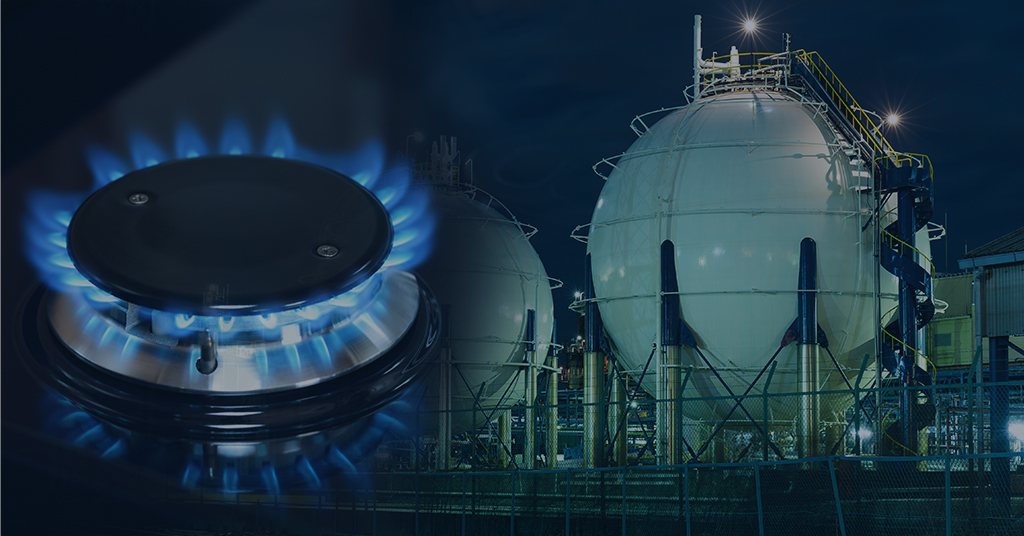Welcome To ChemAnalyst

Europe: On Sunday, a new embargo was imposed on Russia by the European Union, banning the import of the country's Diesel fuel and other oil products due to their ongoing occupation of Ukraine.
Russia heavily relies on its profitable oil-and-gas industry, third globally in production. According to the International Energy Agency, revenue from oil and natural gas made up nearly 50% of Russia's federal budget in 2021.
In December 2022, the European Union (E.U.) and the United Kingdom (U.K.) imposed a ban on seaborne imports of Russian crude oil, bringing about a sudden decrease in Russia's month-over-month earnings from fossil fuel exports. This was the most substantial drop since Russia's invasion of Ukraine, according to findings by the Centre for Research on Energy and Clean Air. In response to this decision, the country has now banned its own oil products.
The European Union (E.U.) has long been one of Russia's most important importers of oil, but a newly implemented ban will soon change the landscape and nations within the E.U. will have to search for new sources, likely from the Middle East, India, and the United States. To combat any potential spikes in consumer gas prices due to this shift in market dynamics, the Group of Seven (G7) has put forth a global price cap on premium oil products at $100 per barrel and $45 per barrel for oil and fuel. Additionally, any ships carrying Russian oil products will be denied access to maritime services such as shipping and marine insurers unless they meet or are below these set prices.
The U.S. Department of State recently released a factsheet revealing the effects of the numerous sanctions that have been placed on Russia by the federal government. These sanctions have had a significant impact, with many of Russia’s vital supplies becoming limited or completely blocked due to their inability to access foreign funding. This has resulted in a shortage of semiconductors and other components necessary for missile production, halting progress in this sector entirely. Additionally, the ban on new investments by American citizens has further crippled the country's economy.
“The caps we have just set will now serve a critical role in our global coalition’s work to degrade Russia’s ability to prosecute its illegal war. Combined with our historic sanctions, we are forcing Putin to choose between funding his brutal war or propping up his struggling economy,” U.S. Treasury Secretary Janet Yellen stated.
The E.U.'s embargo is expected to drive up the cost of fuel in Europe, with prices already reaching their highest-ever levels earlier this year. In the US, gas prices spiked to more than $5 per gallon because of increased inflation and disruptions in the supply chain due to the pandemic and war in Ukraine, along with a heightened demand for gasoline as businesses returned to physical operations. Fortunately, global energy demand has since reduced, leading to a drop in Gasoline costs; experts believe that while there could be some fluctuations during this period of economic transition, the price won't surge too drastically.
We use cookies to deliver the best possible experience on our website. To learn more, visit our Privacy Policy. By continuing to use this site or by closing this box, you consent to our use of cookies. More info.
